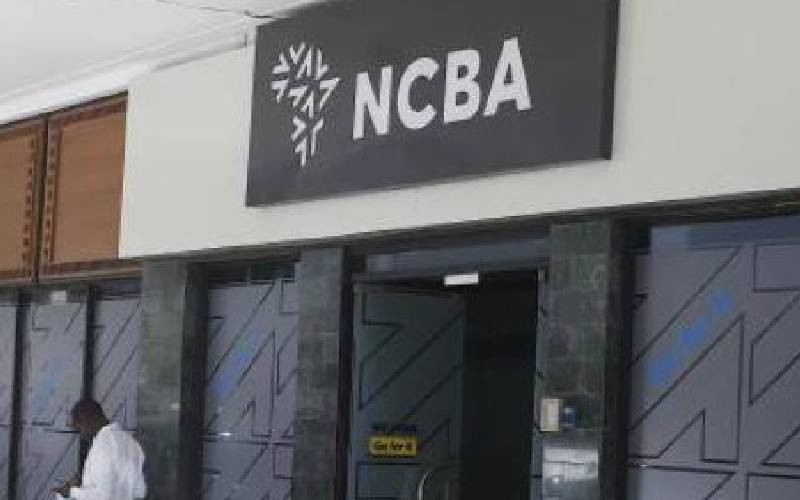×
The Standard e-Paper
Fearless, Trusted News
The Government paid Sh10 billion to insure the loans taken for construction of the controversial dams, but industry experts argue the cost should not have exceeded Sh1 billion.
Italian insurer Service Assicurativi Del Comercio Estero (SACE) was paid Sh11.1 billion as premium for the loan, but a reputable firm that offers products on sovereign loans argues the much it would have charged was Sh750 million.







